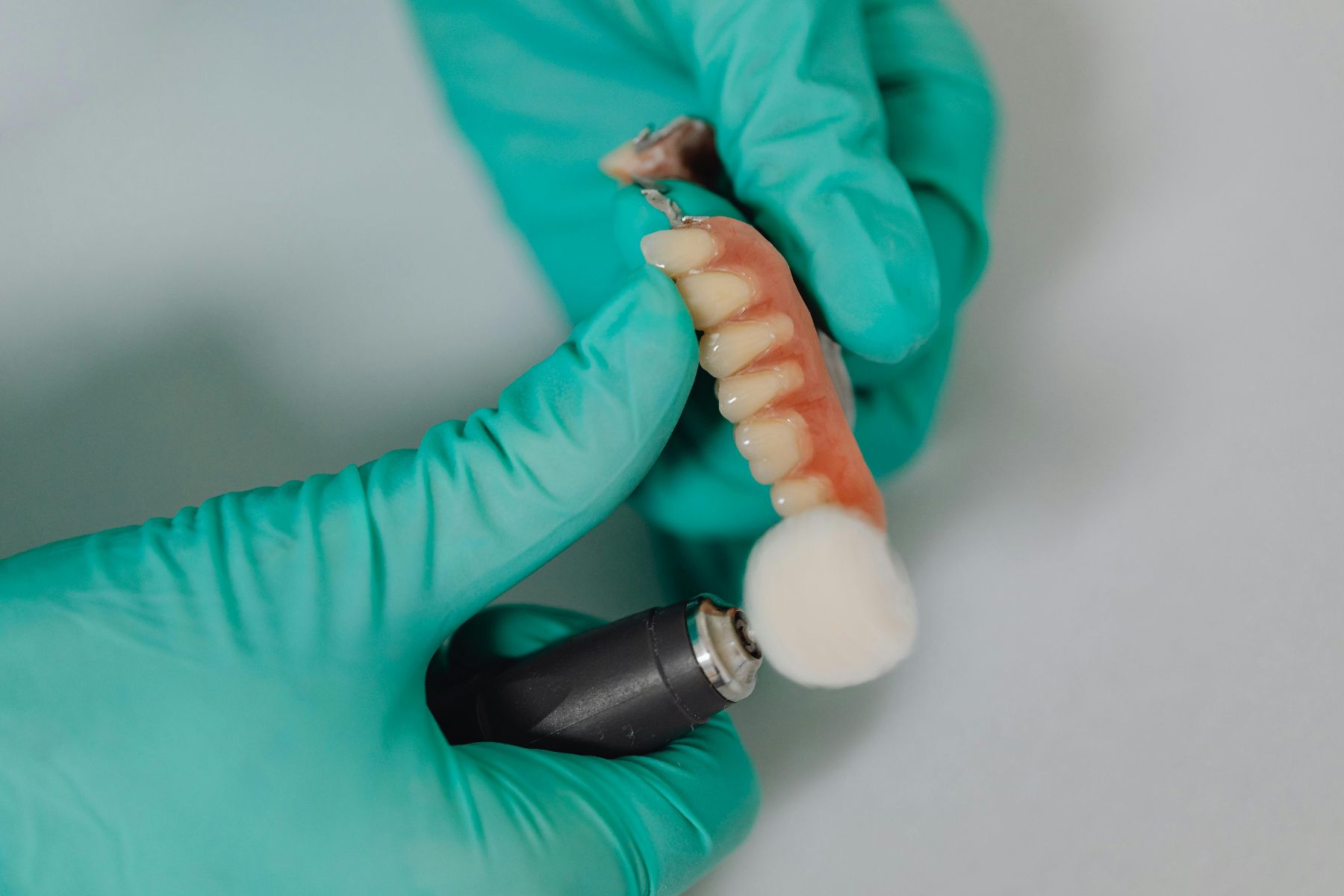Dental implants are a popular solution for individuals missing one or more teeth, yet the costs can add up quickly. Many patients wonder if implants are reimbursed by the (obligatory) standard health insurance. In this article, we explain the situations where partial reimbursement is possible and discuss additional options.
Reimbursement for implants in a partially toothless jaw
If you still have some natural teeth and opt for an implant to replace a missing tooth, Belgian mutual insurance companies usually consider this treatment an aesthetic or functional procedure that falls outside the standard health insurance. Implants, crowns and bridges are usually not covered in these cases.
Supplementary dental insurance may reimburse part of the cost. Coverage then depends on the type of policy, annual limits and waiting periods. It is therefore advisable to check with your insurer in advance to find out what conditions apply and how much of the cost they may cover.
Sometimes implants and crowns can also be partially reimbursed by the health insurance fund through a harmonization document.
Reimbursement for implants in a fully toothless jaw
Under certain conditions, the mutual insurance company can partially reimburse implant treatment for patients who have no natural teeth left at all. However, this reimbursement is subject to strict criteria, such as long-term toothlessness and problems wearing conventional dentures. In practice, this only applies to patients over the age of 70 who have been wearing full removable dentures for more than 1 year that no longer fit correctly due to a severely shrunken lower jaw.
To qualify for this reimbursement, the implantologist must first perform a thorough assessment and submit an application to the mutual insurance company. If the application is approved, the mutual insurance company will cover part of the cost of the implants. However, keep in mind that there are additional costs, such as the co-payment and a personal contribution.
Understanding the financial picture before treatment
While standard (obligatory) health insurance coverage for dental implants is often limited, there are ways to partially offset costs. An additional insurance plan can be beneficial, especially if you expect to undergo multiple dental procedures. Be sure to check with your health insurance fund and supplementary insurer to understand the specific conditions and potential reimbursements.
Do you have more questions about dental implants, reimbursement, or would you like more information about implant options? Contact us. We are happy to help!
